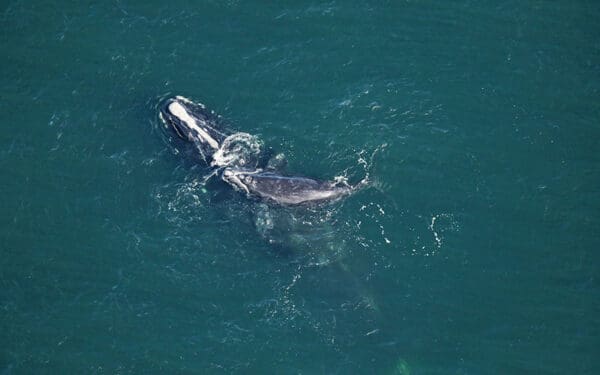A Dog’s Life on the Line: Blue-Green Algae Threatens Pets and People
CLF’s top dog calls for action on toxic pollution that can kill dogs and sicken people

CLF’s top dog calls for action on toxic pollution that can kill dogs and sicken people

Hosting a waste-free gathering doesn’t have to be difficult. Here are a few tried-and-true tips to reduce food waste on your next summer cookout – and during your holiday feasts, too.

Here are six ways that urban forestry can help our communities if we choose to invest in it.

While Big Gas is still trying to peddle its climate-damaging products, regional officials seem poised to recognize the power of solar and wind energy.
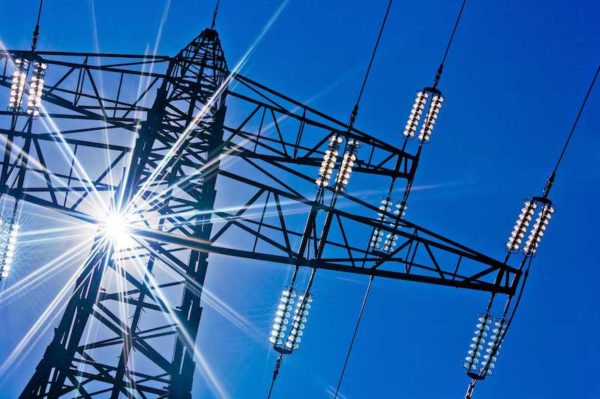
CLF’s new senior vice president of law and policy is a veteran environmental advocate primed to oversee the organization’s advocacy efforts across New England.
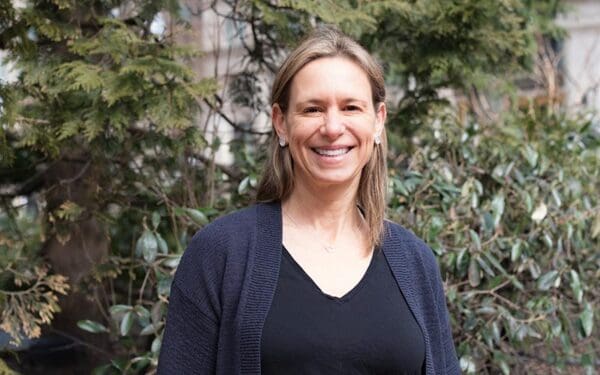
Numerous beach closures in the summer of 2023 were a result of climate change and stormwater pollution.
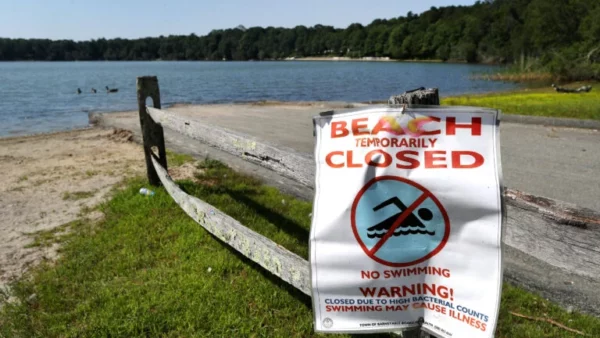
Local farms are a fundamental way to connect communities through a shared love of healthy food.
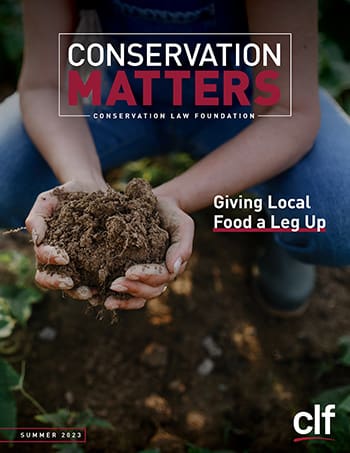
When temperatures climb, this climate-friendly technology can help keep you cool, too
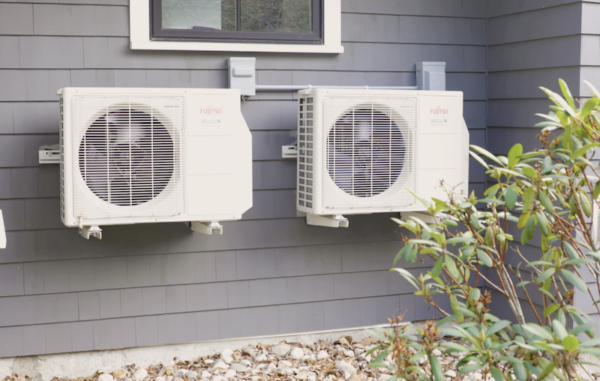
Around New England and around the country, the summer of 2023 was a summer of extreme weather.
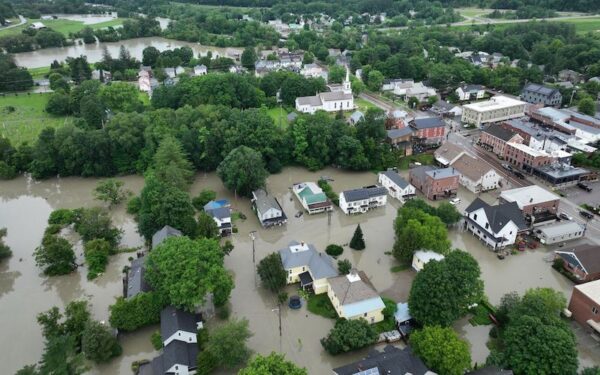
North Atlantic right whales are on the verge of extinction – and we humans remain the biggest threat to their survival. Scientists are clear: We can’t afford to lose even one whale a year due to human causes if this critically endangered species is to recover. Collisions with boats and ships are one of those… Continue reading Special Interests Aim to Sink Regulations Protecting Endangered Right Whales
